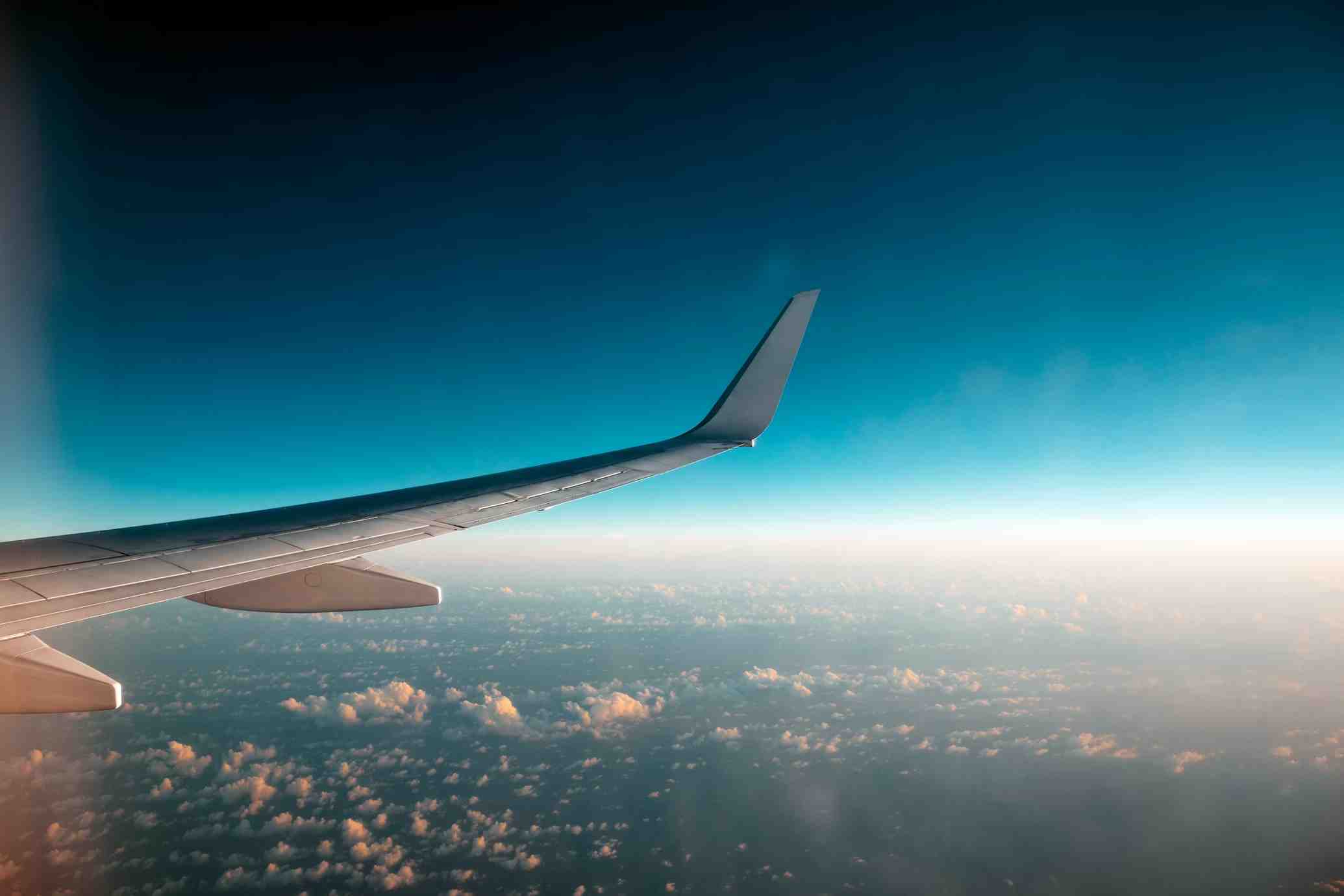A Guide to Corporate Travel in Australia

Australia, with its robust economy, stunning landscapes, and vibrant cities, is an increasingly important destination for global business. However, for the first-time business traveler, its unique geography and culture can present some surprises. It's a continent of vast distances and a business culture that blends professionalism with a famously laid-back attitude. A successful trip requires planning for the logistics and adapting to the local style of business.
This guide provides practical advice for corporate travelers to navigate Australia's business landscape, ensuring your trip is both productive and enjoyable.
The Tyranny of Distance. Planning Your Itinerary
The single biggest factor to understand about Australia is its size. It's a continent, not just a country.
-
Domestic Travel is Air Travel: The distances between major cities are significant. A flight from Sydney to Perth is about five hours, roughly the same as a flight from New York to Los Angeles. Do not underestimate travel times. If your trip involves meetings in multiple cities, you must plan for domestic flights. The primary domestic carriers are Qantas and Virgin Australia, with Jetstar serving as a major low-cost option.
-
Time Zones: Australia has multiple time zones, and some states observe daylight saving while others don't. During the summer, there can be a three-hour time difference between Sydney on the east coast and Perth on the west coast. Double-check the local time for all your meetings to avoid confusion.
-
Getting Around the Cities: Major cities like Sydney, Melbourne, and Brisbane have extensive public transportation networks, including trains, buses, and ferries. Using an "Opal" card in Sydney or a "myki" card in Melbourne is the easiest way to pay for public transport. Ride-sharing services are also widely available and are often more convenient than traditional taxis.
The Australian Business Culture. Mateship in the Boardroom
Australia's business culture is a unique blend of British formality and a friendly, egalitarian spirit.
-
Punctuality and Professionalism: Punctuality is expected. Arrive on time for your meetings. The dress code is typically standard Western business attire, though in hotter cities like Brisbane or Perth, it may be acceptable to remove a jacket.
-
Direct and Down-to-Earth Communication: Australians value direct, straightforward communication. They tend to be less formal than their British counterparts and more direct than many Asian cultures. Be prepared for open and honest discussions. A spade is usually called a spade.
-
Humor and Modesty: A good sense of humor is highly valued, and a bit of self-deprecation can go a long way. Boasting or overtly displaying your status is generally frowned upon. The culture is egalitarian, and there's a respect for modesty and teamwork.
-
First Names and "Mates": It is very common to move to a first-name basis quickly, often in the first meeting. Don't be surprised if your counterpart refers to you as "mate." This is a friendly, colloquial term and a sign that a good rapport is being built.
-
Work-Life Balance: Australians value their personal time. While they work hard, there is a strong emphasis on work-life balance. It's generally not advisable to try to schedule meetings late on a Friday afternoon or on weekends. Socializing after work at a pub is a common part of the business culture.
Practical Tips for Your Trip
-
Visas: Most business travelers will need an Electronic Travel Authority (ETA) or an eVisitor visa, depending on their nationality. This can usually be applied for online and is granted quickly. Check the Australian Department of Home Affairs website for the specific requirements for your passport.
-
Connectivity: Australia is a modern, connected country. Wi-Fi is readily available in hotels and cafes. For mobile data, it's easy to purchase a local SIM card from providers like Telstra, Optus, or Vodafone at the airport.
-
Costs: Australia can be an expensive country. Be sure to budget accordingly for accommodation, meals, and transport. Using a travel management platform can help you find in-policy options and manage your expenses effectively.
-
Safety: Australia is a very safe country. The main risks to be aware of are related to the natural environment. If you venture outside the cities, be aware of the strong sun (wear a hat and sunscreen), the risk of bushfires in the summer, and the unique wildlife.
Traveling for business in Australia offers a fantastic opportunity to engage with a dynamic market and a welcoming culture. By planning for the logistical realities of its size and embracing the direct and friendly business style, you can ensure a successful and productive trip.
Let Routespring simplify your Australian travel program.